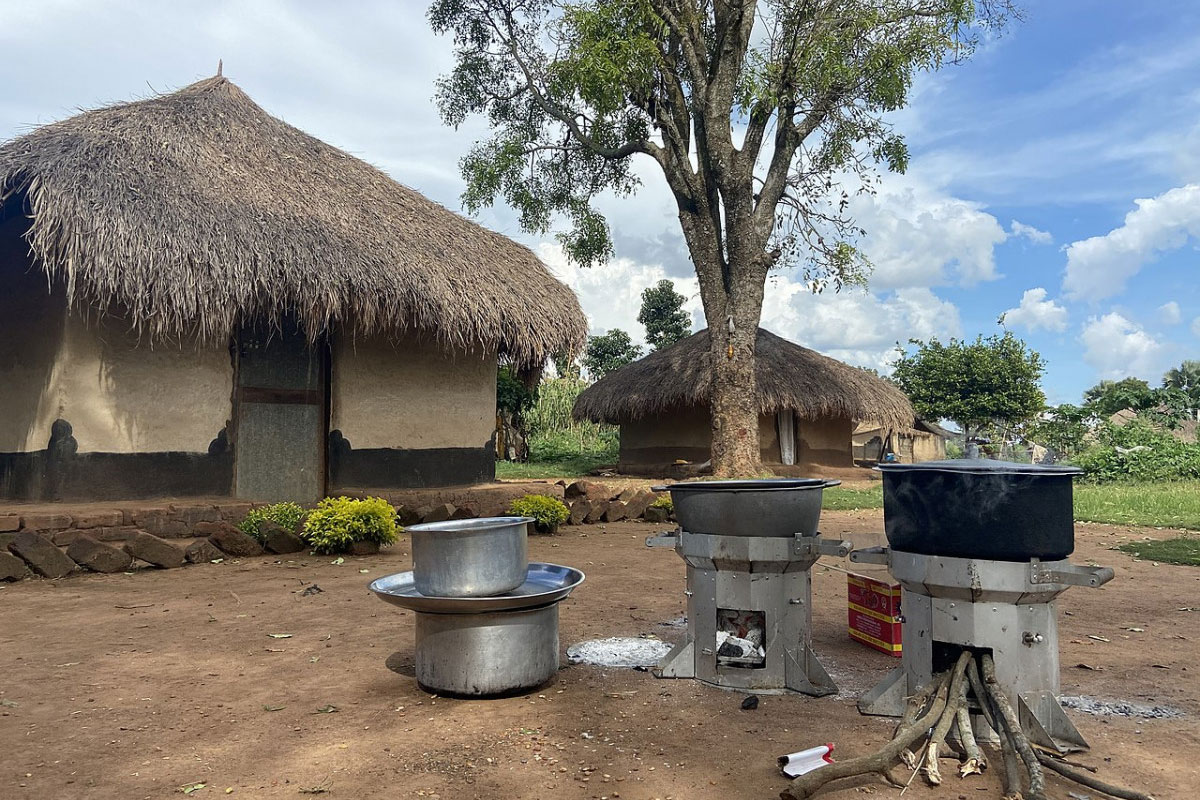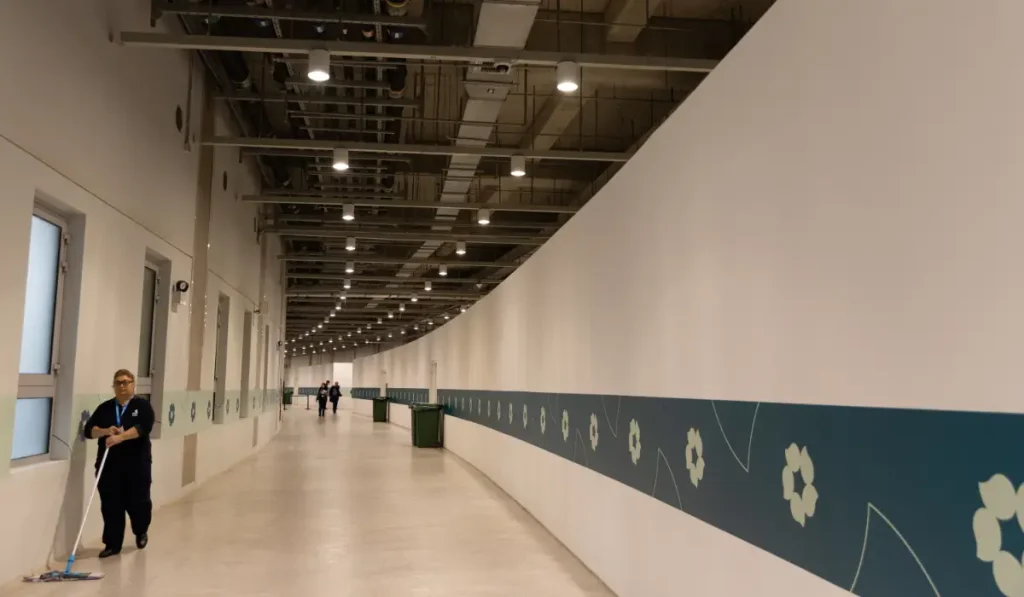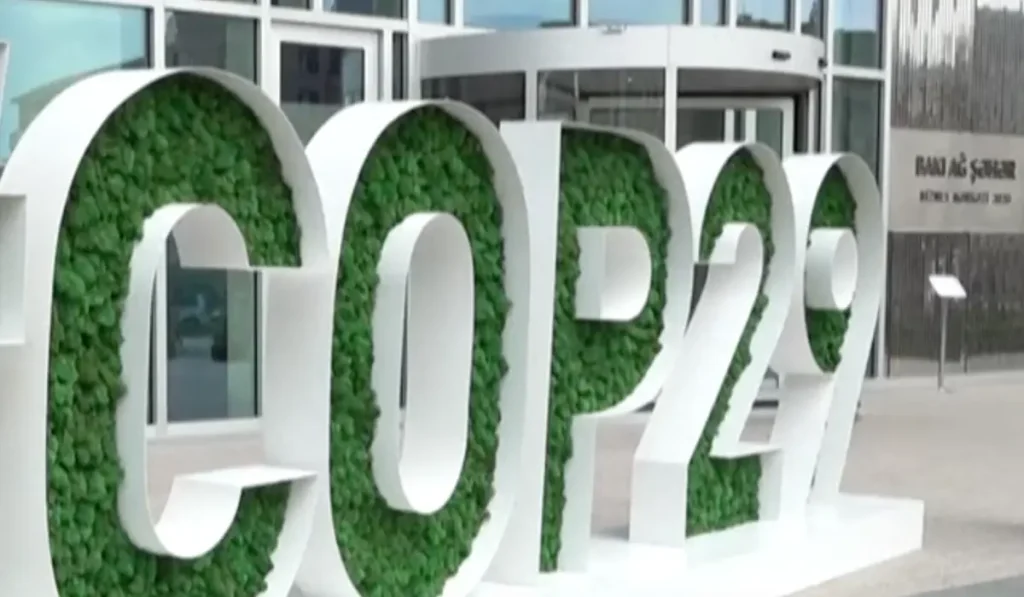An important feature of the evolving climate change legal regime under the Paris Agreement is the extent to which all country Parties take responsibility for, and therefore exercise control over, their national contributions to the global response to climate change. While this may seem counterintuitive as a statement (surely countries have always been responsible for their individual contributions to dealing with the climate crisis?), it’s worth noting that the bifurcation in responsibility (between developed and developing countries) for such response that was characteristic of the Kyoto Protocol-era, is much less pronounced under the Agreement which seeks to impose common requirements on all Paris country Parties.
To illustrate this point, one need only look at the extent to which developing countries can assert control over domestic approaches to carbon markets and carbon pricing, under the Agreement. Article 6.4 of the Agreement is the acknowledged driver of a future international carbon market and the way in which Parties deliberately interact with the developing Article 6.4 regime and the decisions they make about in-country market and pricing approaches, will be determinative of how Parties will benefit from the (currently nascent) Article 6.4 Mechanism. The Agreement’s ethos, which places far greater levels of control in the hands of national governments, is exemplified by the Rules, Modalities and Procedures (RMP) for the Article 6.4 Mechanism which were adopted at COP 26.
The RMP require unprecedent domestic input into the characteristics of local carbon market approaches, and this factor taken with the last vestiges of the Kyoto-driven compliance market and the currently vibrant Voluntary Carbon Market (VCM), mean that developing countries are increasingly taking the initiative to intervene into their local markets. This opportunity for national governments to interact with the Article 6.4 Mechanism contrasts with what was permissible for developing countries under the Kyoto Protocol’s Clean Development Mechanism (CDM). As host of CDM project activities, developing countries were by-and-large required to accept the internationally determined CDM administrative parameters without any real ability, at least under the Kyoto rules, to define nationally positions.
Commentators regard the market-related interventions by developing countries under the Agreement as strategic and made with the intention of securing domestic VCM carbon assets and local market capacities to support Nationally Determined Contributions (NDCs).
The following is a limited list of such interventions that have occurred in recent months:
- In January 2022, Peru joined Colombia and Costa Rica in accounting for the use of locally generated VCM carbon credits in the hands of the purchasers of such credits, who are typically not locals but rather international private sector entities. The mechanism that Peru now applies to such transactions is the ‘corresponding adjustment’ under Article 6.2 of the Agreement, and this new administrative approach will have consequences for future VCM carbon credit transactions that did not previously arise.
- In March 2022, Papua New Guinea announced it was intending to introduce a moratorium on all new REDD+ carbon credit projects under the VCM.
- In April 2022, Indonesia announced that it was temporarily halting authorization and issuance of 2021 carbon credits under the VCM to permit a review of domestic carbon market regulations.
- In August 2022, India announced that it would be establishing a domestic voluntary carbon market and that this would likely have implications for carbon credits generated in that country by ensuring local carbon market contribution to the NDC, rather than allowing the export of such market potential for the benefit of external private or public sector interests.
- In August 2022, Namibia announced that it will work with a United Nations agency to establish an enabling carbon market framework to assist the country implement its NDC, including consideration of the potential for an emissions trading scheme.
Takeaways for African countries
The Agreement places greater responsibility for, and therefore control over, domestic contributions to the global response to climate change in the hands of national governments. Given these greater levels of control and the potential of carbon markets to assist in achieving NDCs, various developing country governments are intervening into their domestic markets with a view to securing locally generated carbon assets to support national climate commitments.






